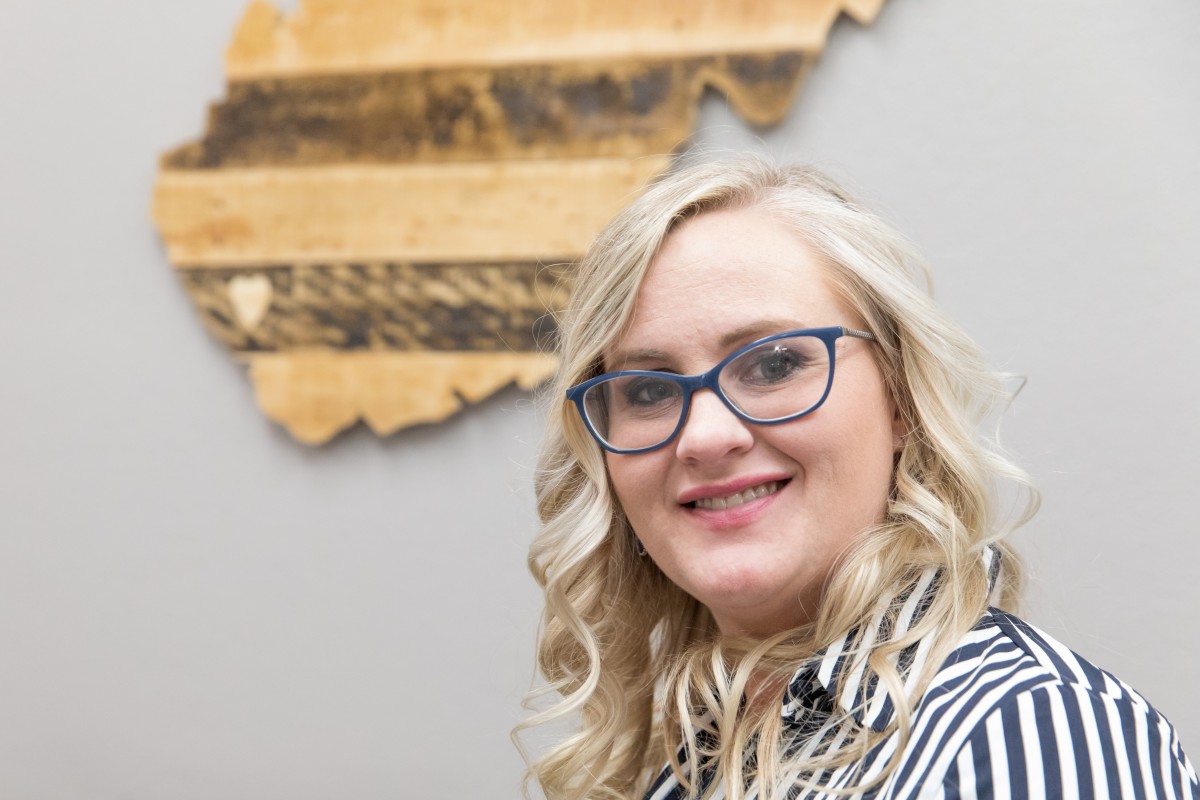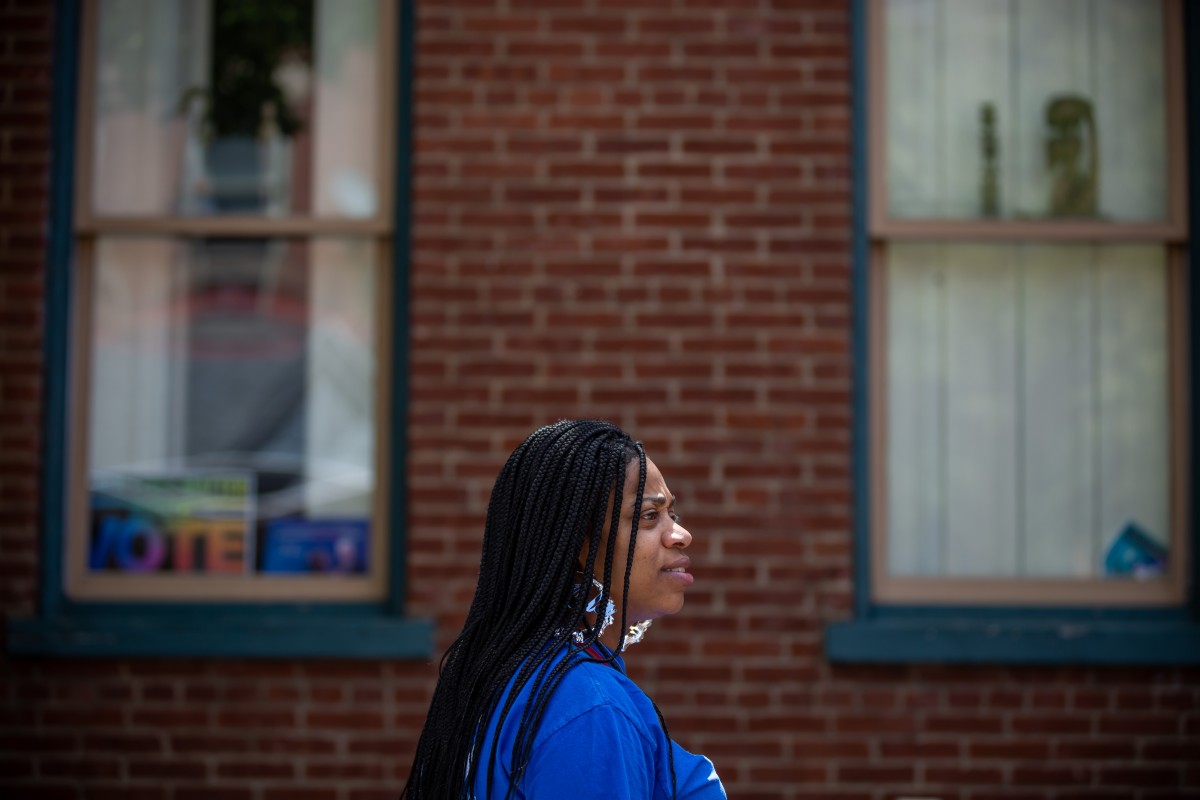The spring semester of college for me has been quite a spiral. My days consist of spending many hours finishing assignments and attending my lectures, but also fasting from sunrise to sunset and trying to spend more time reading the Quran.
This is the second year COVID-19 has affected our celebration of Ramadan, the Mulsim holy month, and it feels weird.
Each year, 1.8 billion Muslims gather in their homes and mosques all over the world to celebrate the holiest month of the year. The Islamic calendar is based on the 12 month lunar year and the 9th month is Ramadan. This month usually begins with the sighting of a new moon, and this year, is observed from April 13 to May 12.
Our ultimate goal during Ramadan is to gain taqwa – a state of constant awareness of God – and a greater incentive to do good and help those in need because this month is the time in the history of our faith when the Quran was revealed as guidance to mankind. We devote most of our time to praying, reciting the Quran, participating in spiritual reflection and showing compassion for those less fortunate, focusing on the words being conveyed through the Quran and deed behind it as a time of very personal growth in the relationship between the creator and follower.
As part of the recognition of the holy month, we also fast from sunrise to sunset – which could last anywhere from 11 to 16 hours depending on where you live in the world – abstaining from drinking, eating, smoking and engaging in any sexual activity. This tradition can sound miserable or impossible for non-Muslims, but to us, it’s more than just fasting. It urges us to be more aware of the pain many people suffer from hunger and allows us to reflect on how grateful we are for the things we do have.
For me, what stands out most of all in the celebration of Ramadan is not being able to share this experience with my community members and friends in person. Over the past year, it was sometimes overwhelming to juggle school and work, and during the holy month, we’re asked to commit ourselves even more to prayer and reflection, but those are more difficult with the overlapping extenuating circumstances we’ve faced during this pandemic.
Without a doubt, this Ramadan has been very different from the years before, but although the obstacles feel stressful sometimes, what I’ve learned over the past month is the necessity of using my time wisely, dedicating myself to understanding teachings of the Quran, and what it means to look at each task before me with a positive perspective during an uncertain time. This Ramadan I’m also learning about patience and how to preserve through each challenge the year has brought.
Before the pandemic, many mosques, like ours in Morgantown, would host weekly community dinners during Ramadan where we could break our fast together. People who knew nothing about one another shared traditional dates around the table and told stories about the positive change they saw happening in our community.
My favorite examples are when we hosted interfaith potlucks so that we could become more connected with the other religious communities in the area and also work on ways to protect our Muslim community members in the wake of violence that targeted people of my faith. It was something we all did together to ensure everyone felt like they belonged and were accepted. Then, we would feast on the freshly cooked meat with rice and small cheesecake bites for dessert, afterwards standing shoulder to shoulder to perform the nightly Taraweeh prayer.
Just before Ramadan last year, when COVID-19 began to spread rapidly in my community in West Virginia, I was devastated to hear that the mosque would be closed. Being inside the mosque made me feel safe because I didn’t have to hide my love for Islam or feel different. It was during those times I could reflect on my relationship with Allah Subhanahu wa ta’ala (the most glorified, the most high) and strengthen my iman (faith).
But it wasn’t just a place of prayer to me. It also served as a safe space, where I spent most of my leisure time. It’s where I would go after school to read a book or meditate on the peacefulness I gained from simply being there. The moment I set my eyes on the building or prayed on the red carpets filling every square inch of the interior, I felt a sense of elation. Not being able to spend Ramadan at the masjid has been one of the devastating parts of this pandemic.
Although this isn’t the Ramadan we wanted or expected after a year of social distancing, I’ve been able to enjoy it with my family and close friends. Of course there are certainly days that I’ve had to adjust my expectations of celebrating, but I have found it beneficial to focus on the things that matter the most. Celebrating Ramadan with my immediate family has been really fun and allowed us to learn and appreciate one another in a more personal way. Whether it is playing cards with my siblings before iftar, or learning how to cook a new traditional dish with my brother while the Quran is being read out loud, or gathering in our living room while my father tells us stories of the prophet, I’ll never forget these moments.
The pandemic may have changed the way I would typically celebrate this month, but nonetheless I wouldn’t change any part of it. This year marked my first in college and I experienced abrupt transitions that were sometimes stressful and anxiety-provoking, but through it all, I looked forward to Ramadan. It is a month which curate peace, generosity and a deep contemplation of our relationship with Allah Subhanahu wa ta’ala, which reminds me of a line in our Quran:
“ ..but Allah planned. And Allah is the best of planners.” (Ale-Imran 3:54)
Hawa Diawara is a Tedx Speaker, Political Science Student at West Virginia University, social activist and founder of 1LoveRadio. She is an aviator for social change, equality and equity for minorities and underrepresented groups. Through these experiences, Hawa has used her voice to always uplift, tell stories of those who go unheard and spread positivity in every aspect of her life. A quote that she adheres by goes: “I’ve learned that people will forget what you said, people will forget what you did, but people will never forget how you made them feel.”



